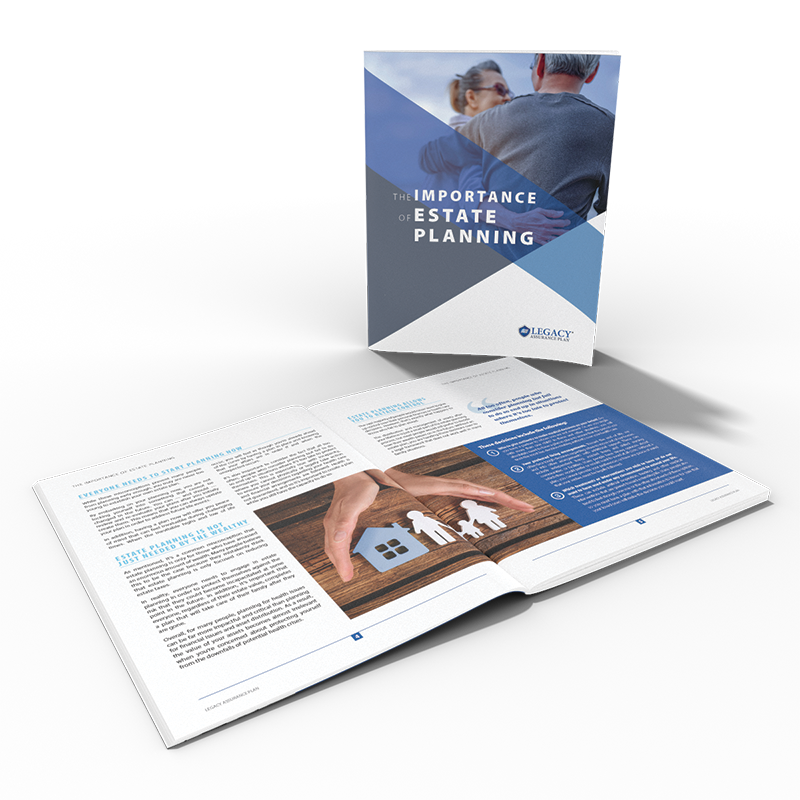Estate planning is important because it puts you and your family in control.
Most people would never want to give up control over their personal finances or health care decisions. However, that's exactly what happens to those who fail to plan. The distribution and management of assets after your lifetime is just a small part of the estate planning process, but most people would still prefer to decide how their property is managed and distributed. Without an estate plan, you are handing these decisions over to a legal framework that does not work well in many family situations.
It's an incredibly common misconception that if you do not have a will, powers of attorney and other estate documents in place, then you have no plan at all. While you may not have your own plan, you do have a plan that affects how your property is distributed and how your decisions are made in the event of incapacity - it is just the state's plan, not yours. This is because every state has laws in place that govern what happens to you if you become incapacitated and what happens to your assets after your lifetime if you haven't already completed the legal documentation to direct otherwise. Intestacy statutes are the laws that apply when a person dies without a will. Similarly, guardianship statutes direct who should be appointed to make decisions on your behalf if you are unable to do so and haven't documented your preferences.
While everyone should engage in estate planning, there are circumstances where it's even more important to have a personalized estate plan in place, including:
- Minor children in the family
- Children from a prior relationship
- An adult child with a disability
- Concerns with long-term care and Medicaid
- Unmarried couple
- Business ownership



